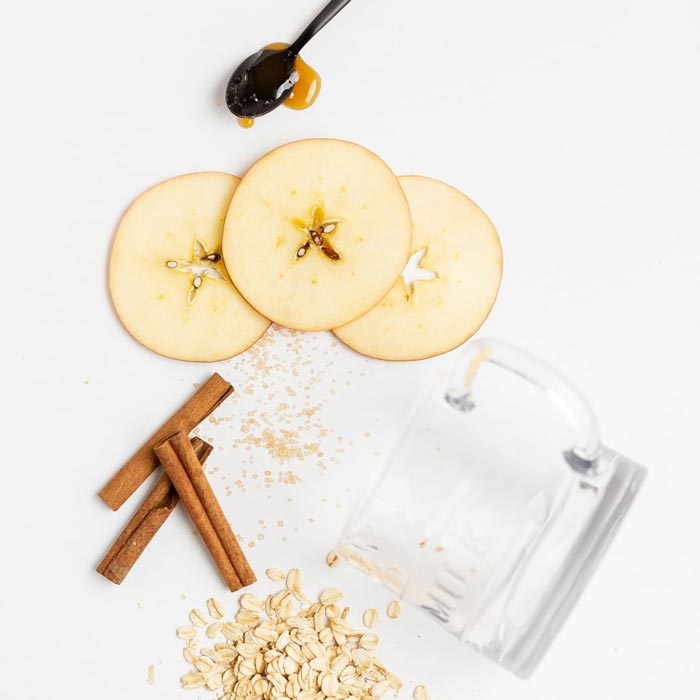High Levels of Exercise Do Not Offset a Poor Diet, Research Says
It’s comforting to think that running on the treadmill will “neutralize” the negative effects of eating pizza and cake at lunch. The new study shows, however, that even high levels of exercise cannot counteract the negative effects of poor nutrition on mortality.
Researchers at the University of Sydney conducted the study and found that those with high levels of physical exercise as well as a healthy diet were most likely to live longer.
Researchers studied the independent and combined effects of Diet with physical activity on all-cause mortality, cardiovascular disease and cancer mortality.
Participants with high levels physical activity and high-quality nutrition had a mortality risk reduction of 17 percent for all causes. They also saw a 19 percent decrease in cardiovascular disease and a 27 percent decline in cancers.
[ruby_related heading=”More Read” total=3 layout=1 offset=5]
The data show that this is unfortunately not true. Lead author Melody Ding, an associate professor at the University of Sydney, said: “Some people think they can offset the impact of a poor eating pattern with high levels of physical activity or offset the impact of low physical activities with a good diet.
Researchers have linked cancer and poor diet in the past.
Researchers at Tufts University estimated diet-related factors could account for 80.110 new cases of invasive cancer reported in 2015. This is 5.2 percent of the total number of new cancer cases among U.S. adult population. More than 52,000 of the cases were colorectal.
[ruby_related heading=”More Read” total=3 layout=1 offset=5]
According to the Centers for Disease Control and Prevention, less than one in ten adolescents and adults eats enough fruits and vegetables in the U.S. Nine out of 10 Americans consume excessive sodium. The majority comes from processed foods, packaged food, and restaurants.
What is high-quality nutrition?
World Health Organization identifies unhealthy diets and lack of physical exercise as the leading causes of global health risks.
To ensure adequate intake of dietary fibre, the WHO recommends that you eat at least 400 grams, or five servings, of fruits and vegetables each day. You can do this by including vegetables with your meals, or by eating raw fruit and vegetables for snacks.
You can reduce your total fat intake by using oils rich in polyunsaturated fatty acids, such as sunflower or soybean oil instead of butter when you cook.
It is important to reduce salt intake below the recommended daily level of 5 g. Adults should also limit their sugar intake to no more than 30 grams per day.
WHO recommends consuming lean beef and reduced-fat dairy products. They also advise limiting consumption of pre-packaged foods, baked goods and fried food.






